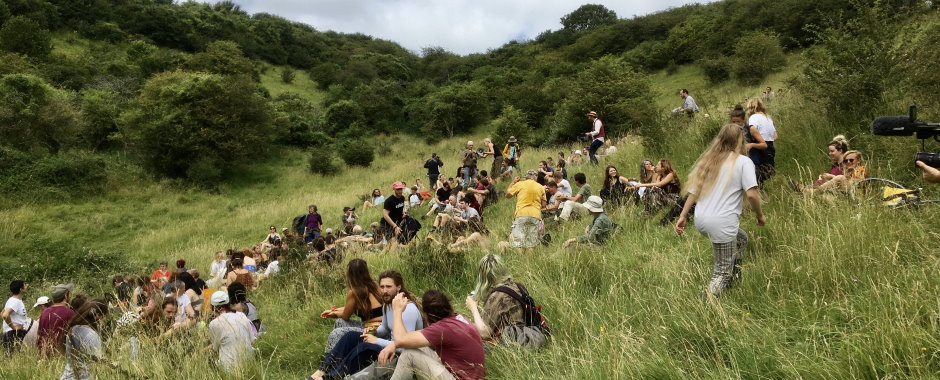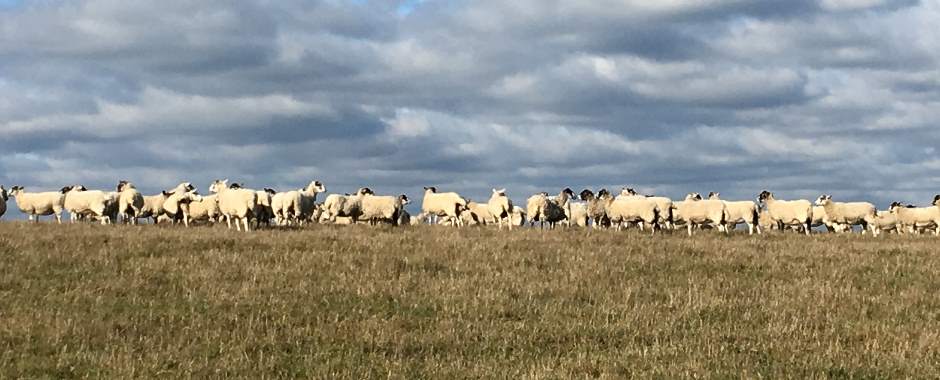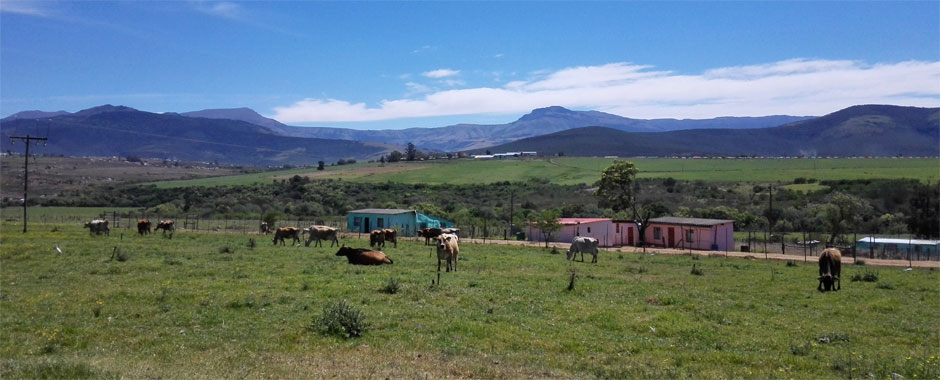Access to land is not only a concern in places like Zimbabwe. In England, less than 1% of the population own half the land and 92% of land is out…
Land reform in the UK: reporting from the Mass Trespass
Responding to uncertainty: who are the experts?
Uncertainties are everywhere, part of life. But how to respond? Who are the experts? These are questions that we are debating this week at a symposium entitled ‘The Politics of Uncertainty:…
Why radical land reform is needed in the UK
Half of the land is owned by 1% of the people. Getting information on who owns what land is nigh on impossible. Tax arrangements favour land speculation. Ordinary people cannot…
In South Africa’s land reform, class matters
In South Africa’s former ‘homelands’ the government is trying to ‘revive’ agriculture. These areas are a legacy of the 1913 and 1936 land acts, which reserved only 13% of the…
Cecil the Lion and Zimbabwe’s conservation carve-up
The huge uproar generated by the shooting of Cecil the lion provides a fascinating lens into Zimbabwe’s new elite land politics and the relationship between humans and “wild” nature. The…
STEPS Director Ian Scoones wins ESRC Impact Award
STEPS Director Ian Scoones was a winner of the Outstanding International Impact Award at the ESRC’s 50th anniversary Celebrating Impact Award ceremony, for his work on rural livelihoods in Zimbabwe….
Talking Zimbabwe & Land Reform at ASAUK14 this Wednesday
New research from Zimbabwe will be shared at a double panel session at the UK African Studies Association conference this week. This year’s event is at the University of Sussex,…
Livelihood pathways after land reform in Zimbabwe
Understanding livelihood pathways requires sustained fieldwork in particular sites in order to understand what changes and why. Systematic longitudinal studies are sadly rare in many developing country settings. Project grants…
Debating Zimbabwe’s Land Reform: new book by Ian Scoones
Zimbabwe’s land reform has been intensely controversial. Yet debate has been plagued by bias and misinformation. A new book by Ian Scoones, Debating Zimbabwe’s Land Reform, aims to offer a…



